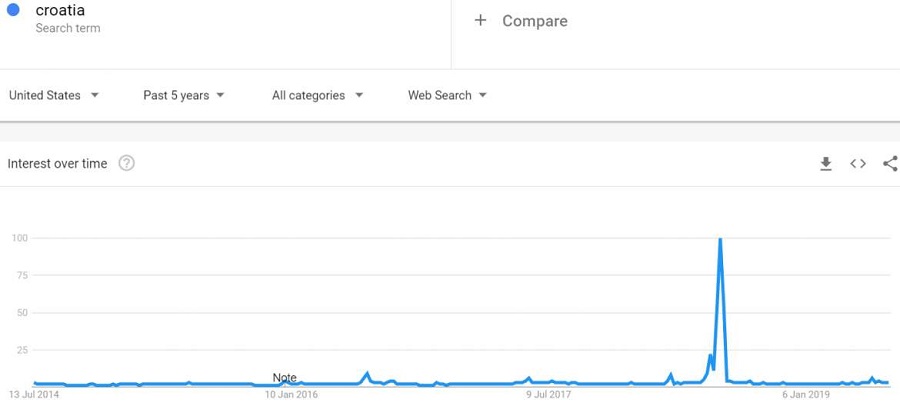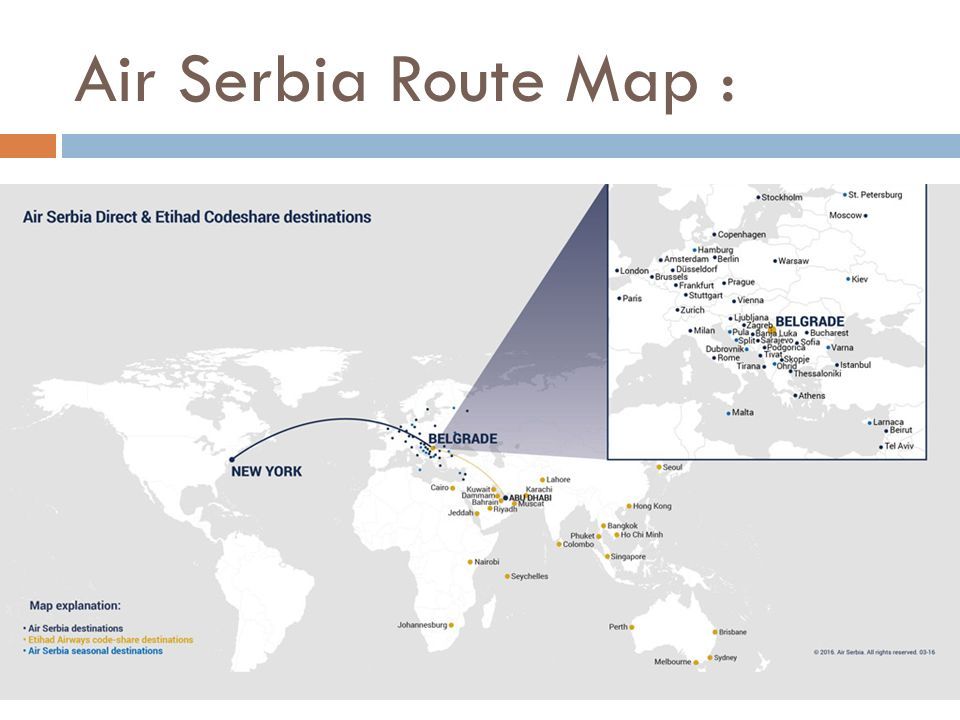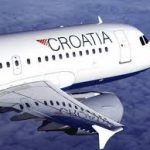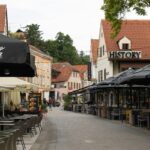November 27, 2019 – Accidental tourism often seems to be the main strategy of Croatia’s tourism chiefs, as the New York Times unwittingly pinpoints in a recent feature article.
I had about 10 messages from friends and readers yesterday, all sending me a link from the New York Times website. It was an article called How to Rebrand a Country, which those who contacted me said had echoes from my recent writings, especially Lessons from Rwanda: Promoting Tourism Through Football, African-Style.
While it is flattering to think that a media giant such as the New York Times might read a small little portal like ours or be inspired by something found therein, the article got my attention for a very different reason – a striking example of the Kingdom of Accidental Tourism at its finest.
How to Rebrand a Country – Colombia, Rwanda and Croatia were seen as dangerous and conflict-ridden. Now they top travel bucket lists. How other countries can follow their lead, in seven steps.
An interesting topic, and one which was of great interest to me personally. I have always had a soft spot for Rwanda after my time as an aid worker there after the 1994 genocide. It has been nothing short of astounding following the pace of change there in the 25 years since it lost 11% of its entire population to genocide in just 100 days. Now one of the top luxury tourism destinations on the planet, Rwanda even launched its own satellite earlier this year. Rwanda’s story and path since the conflict has been very different, but one I have been cheering for from the sidelines.
Of the seven steps the Times highlighted, 4 involved only Colombia and Rwanda, as Croatia presumably had nothing to contribute, while the last step was dedicated to Croatia at its absolute accidental tourism best. The four that did not include Croatia, but did include creativity, were
1. You can’t run from the past. 2. But you might be able to use it in a catchy marketing campaign. 3. Find a symbol. 4. Don’t forget the influencers.
We will save the step where Croatia was unique for later.
There were two other steps where Croatia featured with one or both other counties.
Keep up the marketing campaign
“Ahead of the 2018 World Cup, Croatia’s tourism board created a video that took viewers across the country, through the eyes of its national team’s most popular soccer players. AFTER the players emerged as stars of the Cup, the video made rounds on social media.”
The AFTER is highlighted by me, not the original article. The message being that the video was only a hit due to the success of the national team in Russia, so an accidental tourism bonus.
The video itself is excellent, as is the concept (you can learn more about its making from Luka Dubokovic of BBDO, the agency behind it). Luka kindly agreed to the interview earlier this year, payback for me picking his family grapes during the harvest of 2003 in Zavala…
The video was made many months before the World Cup. Had the team and the fans not exceeded expectations and won the hearts of millions, would there have been such an impact? The advice to keep up the marketing campaign is good, however.

Which is why it was such a disappointment that yet another great opportunity was missed. Google Trends records just how Croatia took advantage of the football gift – you can read more about it in Remember the World Cup? Google Trends on How Croatia Took Full Advantage (Not).
https://www.youtube.com/watch?v=tfrrrrRPess
Meanwhile, Rwanda – another country featured in the article, and one which has not only never been to the World Cup, but has also never had a player in the Premier League – registered a coup with a sponsorship deal with Arsenal. A deal which makes Rwanda the first tourism partner of a Premier League club, which will see the Visit Rwanda logo seen on Arsenal shirts around the world some 35 million times a day.
Bring in the planes
“We had to improve a lot of the flight connections,” Mr. Stanicic said. “We now have flight connections with main European hubs like Frankfurt, Amsterdam, Munich, London.”
I actually laughed out loud at this, especially the mention of the first direct flight from the USA to Dubrovnik earlier this year after 28 years.
Meanwhile, in the region…

Air Serbia has direct year-round flights to New York, as well as a host of other destinations, and its partnership with Etihad takes its reach as far as Perth, Melbourne and Sydney.
Since the collapse of Malev in 2012, Budapest has gone from strength to strength, the busiest and most accessible airport in the region. How did they do it? A very revealing interview from Budapest Airport CEO Jost Lammers with TCN earlier this year.
Meanwhile in Croatia…
Despite its shiny 330 million euro new terminal, Zagreb currently has less flights a day than Palermo, Hanover or Aberdeen.
Despite Croatia taking over the EU presidency in January, Croatia Airlines will connect with just seven EU capital cities. Key capitals such as Rome have no connection whatsoever, one of 11 EU capitals not directly connected to Zagreb. Simply Flying recently published an article on the farce that is Zagreb Airport.
And while it is true that there has been a huge increase of flights to coastal airports, the fact remains that Croatia is ignoring completely one more huge gift, and one which caters to an increasing number of arrivals.
About 80% of tourists arrive by car. By 2030, there will be an estimated 21 million electric cars on the roads of Europe. But there is only one birthplace of Nikola Tesla, in Smiljan. The tourist potential of developing this into an educative temple, with a dedicated offering that Barcelona’s Nou Camp or Manchester United’s Old Trafford does for football, is enticing indeed. But that would not be accidental tourism, that would need a strategy and some thought.
Get lucky
All is not lost, however, for the New York Times concludes with its seventh and final step, a step which is reserved exclusively for Croatia.
Get lucky.
Yes, Get lucky, the main strategy of accidental tourism, and one which Croatia excels in. Be it World Cup success, the birthplace of Tesla, the gushing ‘world-class food, wine and cheese’ from Anthony Bourdain, the digital nomad revolution, or Game of Thrones itself, the gifts just keep on giving. No need, therefore, when the whole world is branding itself in partnership for the launch of Series 8 of Game of Thrones in April that the Croatian National Tourist Board could not even muster a post on Facebook.

Such things are not necessary in the Kingdom of Accidental Tourism if others keep coming bearing gifts like Game of Thrones, and if the national football team is playing well.
You can read the New York Times article here.








